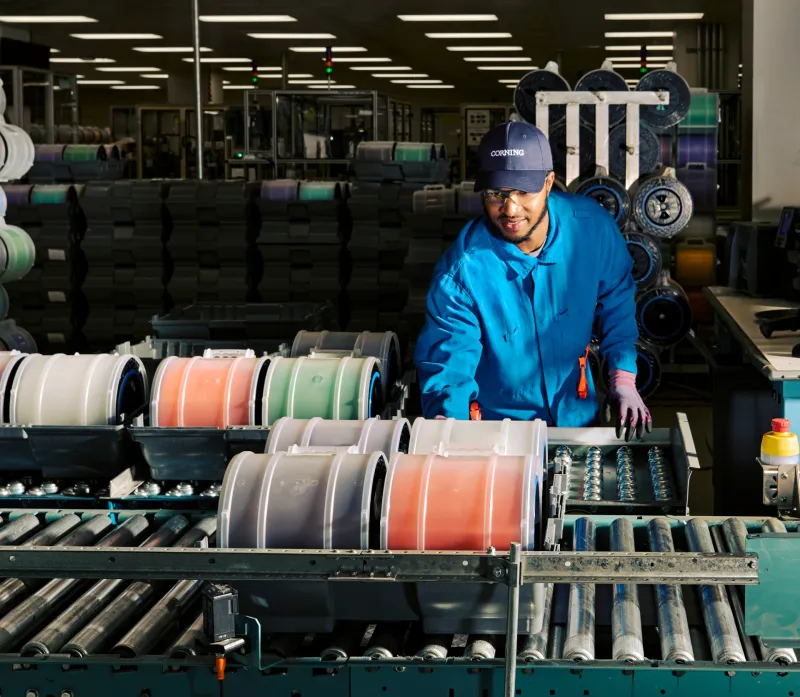The minerals tin, tantalum, tungsten, and gold are found in most consumer electronics, and can be mined in the Democratic Republic of the Congo, which contains an estimated $24 trillion dollars in untapped mineral resources. However, the DRC is still one of the most dangerous and impoverished nations in the world, and mining for these metals can help finance armed conflict in the area. However, consumer electronics depend on metals in many ways. Tantalum is used in capacitors, which store electrical energy, while tin is utilized in the assembly of metal components in smartphones, for example. The parts that make phones vibrate are made of tungsten, and the connectors on circuit boards are made of gold. African nations, non-governmental organizations, and businesses have increased their efforts to improve the supply chains for minerals over the last ten years.
This is largely due to the fact that hundreds of thousands of people labor in artisanal and small-scale mines in the DRC and neighboring nations using hand tools. This kind of mining can be dangerous and challenging to regulate, but it's also one of the few means of support for some of the poorest people in the world. So while companies Apple, Microsoft, Intel, and Tesla release in-depth reports on conflict minerals, typically concluding that while there is no evidence that the minerals they source support armed groups, there are no assurances due to corruption and instability at mine sites. Microsoft spokesperson stated, “Microsoft remains committed to responsible and ethical sourcing and takes this issue very seriously.” “You have the international market that has these perfect standards,” explains Joanne Lebert, the executive director at IMPACT, a nongovernmental organization focused on improving natural resource governance in areas where security and human rights are at risk. “They want perfect environmental conditions. They want all the development factors taken in, like gender equality and anti-corruption and this and that. They want the perfect package, but that’s not the situation on the ground,” Lebert said.

Related article - Rally: Passion-Led Investing

“The whole process is muddied,” says Oluwole Ojewale, the Regional Organized Crime Observatory coordinator for Central Africa at the Institute for Security Studies in Dakar, Senegal. Apple, Intel and Tesla did not reply to requests for comment, while a Microsoft spokesperson stated, “Microsoft remains committed to responsible and ethical sourcing and takes this issue very seriously.” “You have the international market that has these perfect standards,” explains Joanne Lebert, the executive director at IMPACT, a nongovernmental organization focused on improving natural resource governance in areas where security and human rights are at risk. “They want perfect environmental conditions. They want all the development factors taken in, like gender equality and anti-corruption and this and that. They want the perfect package, but that’s not the situation on the ground,” Lebert said.
CNBC



